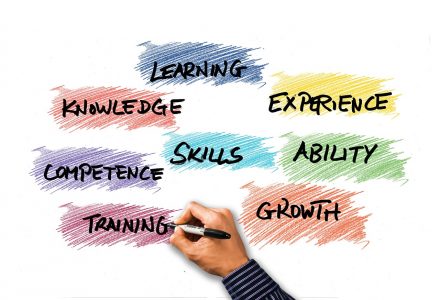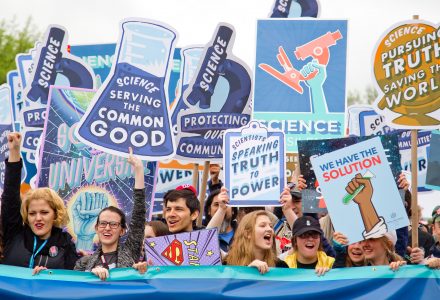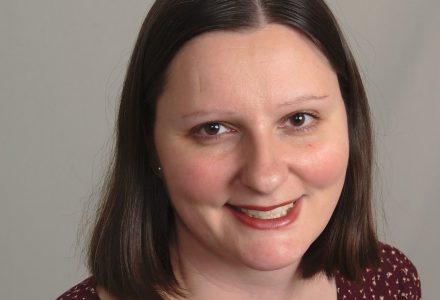
Challenging the status quo in academia through focusing on training and skill-building!
Academia is a place where knowledge can be gained and shared. However, the system could be improved by focusing more on training “the whole scientist.” This post describes recommendations to improve science training, including a framework for science communication to enable the next generation workforce to positively impact society.










